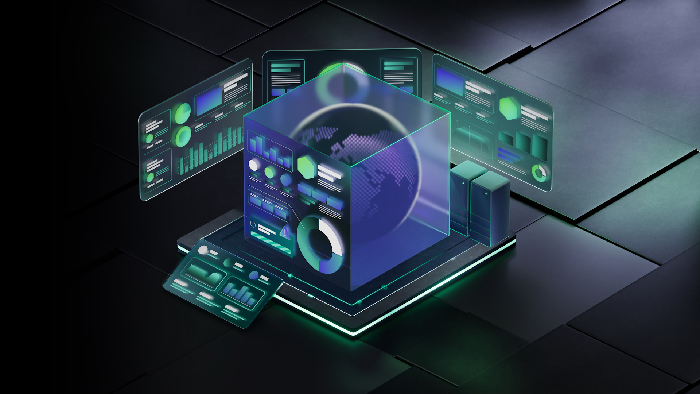According to the recent Kaspersky IT Security Economics report, the majority of companies globally find the loss of productivity, securing complex tech environments, and enabling data protection to be the most concerning business issues, driven by growing IT security needs and requirements. In Saudi Arabia, organizations also mention issues with cloud infrastructure adoption as their major concern.
The Kaspersky IT Security Economics report is released every year to analyze the changes in budgets, breaches and business challenges affecting IT Security decision makers. This report is compiled from interviews with IT and IT security professionals from organizations of different sizes and industries. The survey was carried out in 27 countries across Europe, the Asia-Pacific region, Latin America, North America, the Middle East, Turkiye and the Africa (META) region, including KSA.
According to the report, downtime and lost productivity are the most concerning business problems caused by ineffective IT security, an opinion expressed by 34% of companies in KSA. They encounter this problem mainly because of long time taken to detect and remediate threats.
Data protection is another important concern that was expressed by 73% of companies in KSA. Respondents were worried about this because they regularly encountered the physical loss of devices by employees and experienced leakage of data from corporate systems caused by both external and internal reasons.
Securing complex technology environments and ensuring data connectivity were also on the list of key concerns, according to 21% of respondents in KSA. Among the main IT issues that cause this challenge, respondents pointed to the rising number of incidents involving non-computing connected devices and incorrect operations of cybersecurity solutions that leave systems exposed. Additionally, difficulties in managing security across different computing platforms play a crucial role in their inability to build a reliable all-encompassing cybersecurity system. 25% of businesses in Saudi Arabia also mention cloud infrastructure adoption as their major concern.
“It is crucial for organizations to safeguard every aspect of their operations from potential breaches. Attackers no longer solely rely on zero-day exploits, as a simple click on a malicious link or a vulnerability in a contractor’s infrastructure can lead to devastating consequences. This underscores the idea that information security should be based on a comprehensive and systematic approach, rather than being limited to the implementation of individual point-specific measures,” comments Alexey Vovk, Information Security Director at Kaspersky.
To protect companies against a wide range of cyber threats, Kaspersky recommends:
- Use all-encompassing solutions such as from the Kaspersky Next product line, that provide real-time protection, threat visibility, advanced investigation and response capabilities for companies of any size and industry. Depending on their current needs and available resources, organizations can choose the most relevant product tier and easily migrate to another one if their cybersecurity requirements are changing.
- Provide your InfoSec professionals with in-depth visibility into the cyberthreats targeting your organization. For example, the latest Kaspersky Threat Intelligence will supply them with rich and meaningful context across the entire incident management cycle and help to identify cyber risks on time.
- If companies lack qualified InfoSec professionals, adopt a managed security service such as Kaspersky Managed Detection and Response. It will provide the necessary expertise and give them the best possible advanced automated security services. Thanks to its analysis of corporate data gathered every day, in real time, 24/7, it can shield businesses against sophisticated


COMMENTS